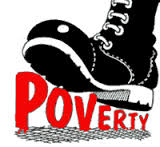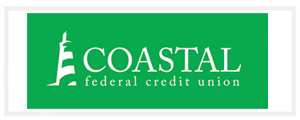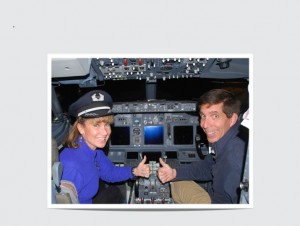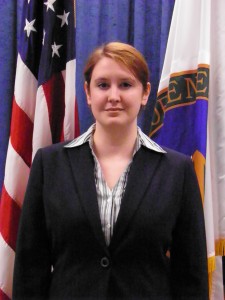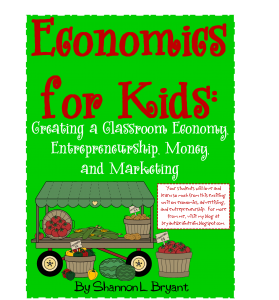All Great Things Face Resistance – Perseverance Will Prevail
One of the major pieces of work for my fellowship was to authentically enhance financial literacy at the elementary school level. During my externship at the North Carolina Council on Economic Education I found a video that inspired me to make the same thing happen at my little elementary school in Fuquay-Varina. Here is the link for you to become inspired too! http://www.youtube.com/watch?v=p9eCN2QCNM8
Sandy Wheat, Executive Director of NCCEE made just one phone call to Creighton Blackwell at Coastal Federal Credit Union to get a resounding, “Yes!” I was so excited! I could hardly contain my enthusiasm! I busily planned my trip to Baltimore to meet with the Nebraska Council on Economic Education and speak with them personally about how to make it all come together. Not only were they open to speak with me but they gave me a 3 ring binder of everything they use and designed to open school branches, gave me the digital copies of the binder, and offered their continued support. I couldn’t be happier!
Then came the meetings, planning, and preparing documents personalized to my school. Coastal Federal Credit Union came to my school and we began to finalize the necessary documentation and planning for the first school branch of Coastal Federal Credit Union! They offered incentive gifts for student deposits, four members of CFCU to come to our school for our deposit days, they would interview and train 4th and 5th grade students for the teller positions, and best of all, they agreed to place $20 in every students account upon their first deposit! No matter how much the first deposit was, they would deposit $20!!!
Everything was looking up! I could envision the ribbon cutting and who would be there!
Then came the big stop sign!
CFCU and FVES completed the paperwork required for Wake County Schools and my wonderful assistant principal met with the key decision makers for the approval of our business partnership and my dream of creating an authentic way for students to learn about financial literacy with an emphasis on personal finance, long term and short term savings. The word came back after a long wait….too great a liability for the school and for me to have students bring money to school for a credit union deposit! My heart sank. I keep my composure and listened to the concerns of my administration. I made the call to my CFCU partners. It was painful.
Now comes Plan B. It’s so interesting to learn about all the connections we have as members of the education community and business community. Creighton Blackwell is a member of the North Carolina Business Committee for Education. Sue Breckenridge is the Executive Director. She works directly with Governor McCrory. Here comes the wonderful connection! At the last Governor’s Teacher Advisory Meeting on Tuesday, I was sitting at the same table as Sue Breckenridge! She knew all about our proposed business partnership! Creighton shared it with her at their last meeting! Now, I know I’m going to have to respectfully tread lightly on resolving the liability issue, but Sue Breckenridge is now on the “find a solution” team with us! Another wonderful blessing, Dr. June Atkinson was also sitting at our table. She also knows about my project. She offered to make whatever phone calls she needed to get this partnership established!
I have a scheduled meeting planned with Creighton and Sue in the next 10 days. I know I can call Dr. Atkinson for help and now I’m concerned about stepping outside of my authority but my passion and perseverance is telling me to “go make it happen!”
I haven’t had my mentors visit the school as I had intended. When I met with CFCU in October and November, we had planned for a December or January ribbon cutting. Now it’s the first day of February, my plan has hit a road block that I’m seeking to overcome the challenges and at the same time, keep my job in the WCPSS school system.
I want to end generational poverty! I believe one way to do that is to instill strong fiscal responsibility in our youngest depositors. I have a ton of resources for teachers to use to teach about savings and I just want a chance to make this all happen in Wake County.

